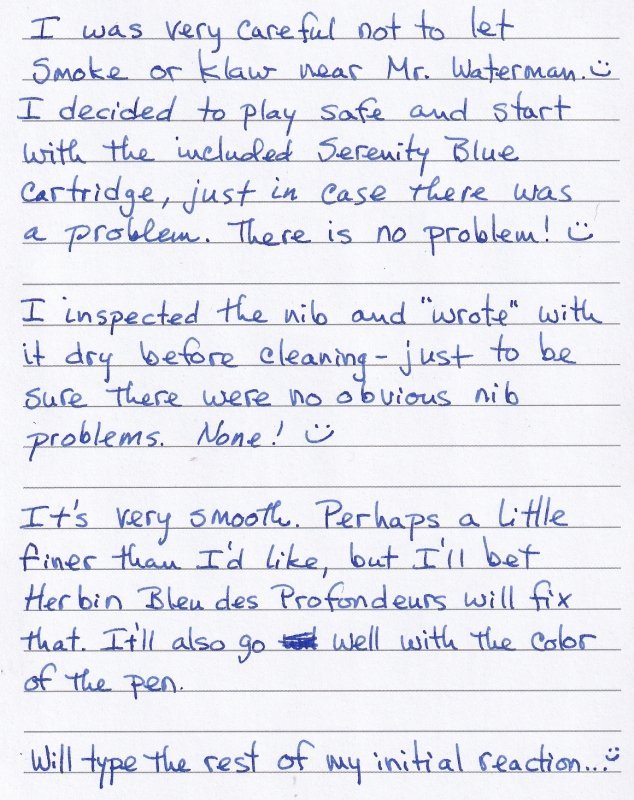Would You Teach Your Child To Write In Cursive?
-
Forum Statistics
354.4k
Total Topics4.6m
Total Posts -
Member Statistics
127,416
Total Members2,585
Most OnlineNewest Member
Claudia Alt
Joined -
Images
-
Albums
-
One-Off Post Attachments 2
- By LizEF,
- 0
- 104
- 84
-
GlenV2
- By GlenV,
- 2
- 1
- 48
-
Misfit’s 6th Album
- By Misfit,
- 77
-
more
- By AmandaW,
- 3
- 5
- 80
-
USG 6
- By USG,
- 0
- 0
- 17
-

















.thumb.jpg.f07fa8de82f3c2bce9737ae64fbca314.jpg)



.thumb.jpg.331e554113c33fb39d5bf3233878978a.jpg)





Recommended Posts
Create an account or sign in to comment
You need to be a member in order to leave a comment
Create an account
Sign up for a new account in our community. It's easy!
Register a new accountSign in
Already have an account? Sign in here.
Sign In Now